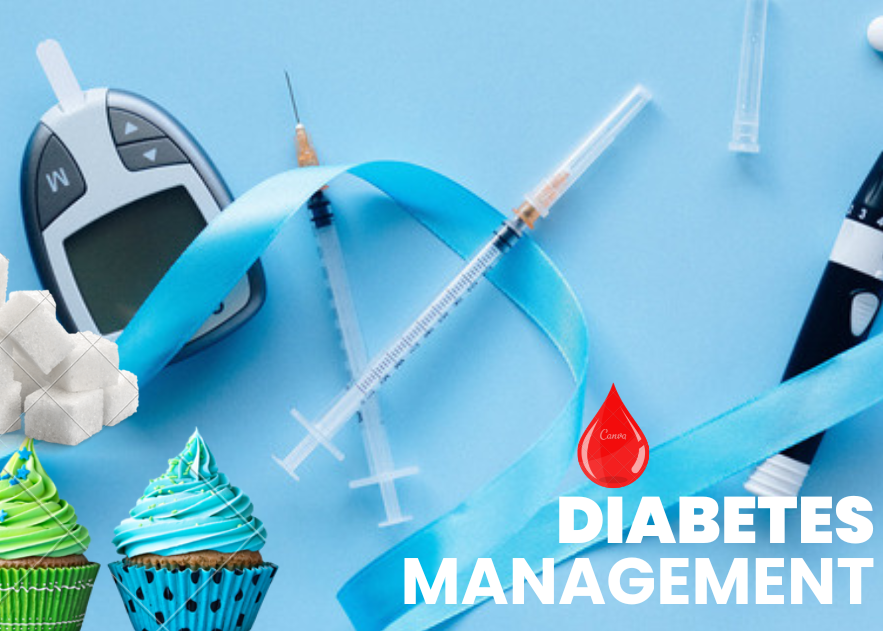Individuals with diabetes should manage their diet carefully to help control blood sugar levels and reduce the risk of complications. Here are some things to avoid or limit if you have diabetes:

1. Sugary Foods and Beverages: Avoid or limit foods and drinks that are high in added sugars, such as candy, sweets and sugary sodas. These can cause rapid spikes in blood sugar levels.
2. Processed Carbohydrates: Refine carbohydrate-rich foods like white bread, white rice, and sugary cereals should be consumed in moderation as they can lead to rapid increases in blood sugar.
3. Trans Fats and Saturated Fats: Avoid or minimize intake of trans fats and saturated fats found in fried foods, baked goods, and fatty cuts of meat. These fats can increase the risk of heart disease, which is a concern for many people with diabetes.
4. Excessive Alcohol: Limit alcohol consumption and be aware that it can cause blood sugar levels to fluctuate, so it should be consumed in moderation.
5. Excessive Eating: Overeating can cause blood sugar levels to spike. It’s important to pay attention to what and how much to eat.
6. Fruit Juices: Fruit juices can be high in sugar and can cause rapid increases in blood sugar levels. Opt for whole fruits instead, as they contain fiber, which helps slow the absorption of sugar.
7. High-Glycemic Index Foods: Foods with a high glycemic index (GI), like white potatoes and watermelon, can lead to rapid spikes in blood sugar. Choose low- Glycemic Index foods like whole grains, legumes, and non-starchy vegetables.
8. Skipping Meals: Skipping meals can lead to unstable blood sugar levels. It’s important to eat balanced meals and snacks at regular interval.
9. Uncontrolled Stress: Chronic stress can affect blood sugar levels. Stress management techniques like mindfulness, meditation, and exercise can be helpful.
10. Unmonitored Medication: If you’re on medication, it’s crucial to take it as prescribed and monitor your blood sugar regularly. Skipping medication or failing to monitor your blood sugar can lead to uncontrolled diabetes.
Conclusion:
Remember, while these recommendations are valuable, it’s equally important to work closely with healthcare professionals to personalize your diabetes management plan. Additionally, regular physical activity is a vital part of diabetes management, but the type and intensity should be discussed with your Dr.
